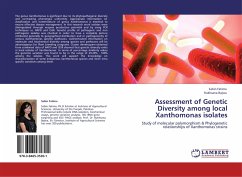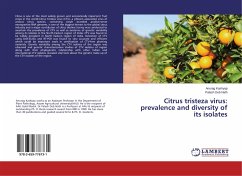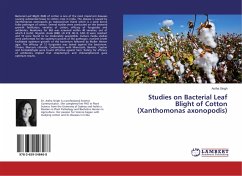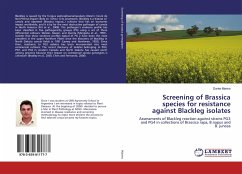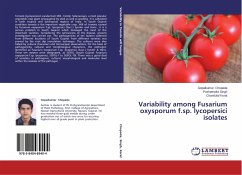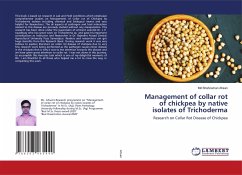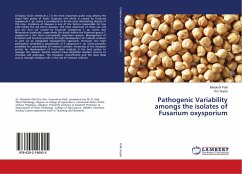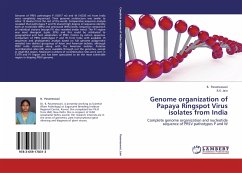The genus Xanthomonas is significant due to its phytopathogenic diversity and contrasting phenotypic uniformity. Appropriate information on classification and nomenclature of genus Xanthomonas is essential to ensure effective disease management. In this research work isolates were distinguished through enzyme production potential and by using PCR techniques i.e. RAPD and ISSR. Genetic profile of pathogenic and non pathogenic isolates was checked in order to have a complete picture attributed generally to geographical distribution and or pathogenecity of various Xanthomonas species/ pathovars. Authenticated information on molecular and biochemical diversity among species and pathovars will be advantageous for Plant breeding programs. Cluster dendrogram obtained from combined data of RAPD and ISSR showed that genetic diversity exists in local isolates of Xanthomonas. In terms of percentage similarity values the genomic variation was found to be in the range of 29.29% - 100% among the isolates. This work will support the knowledge on characterization of some indigenous Xanthomonas species and inter/ intra specific variations among them.

